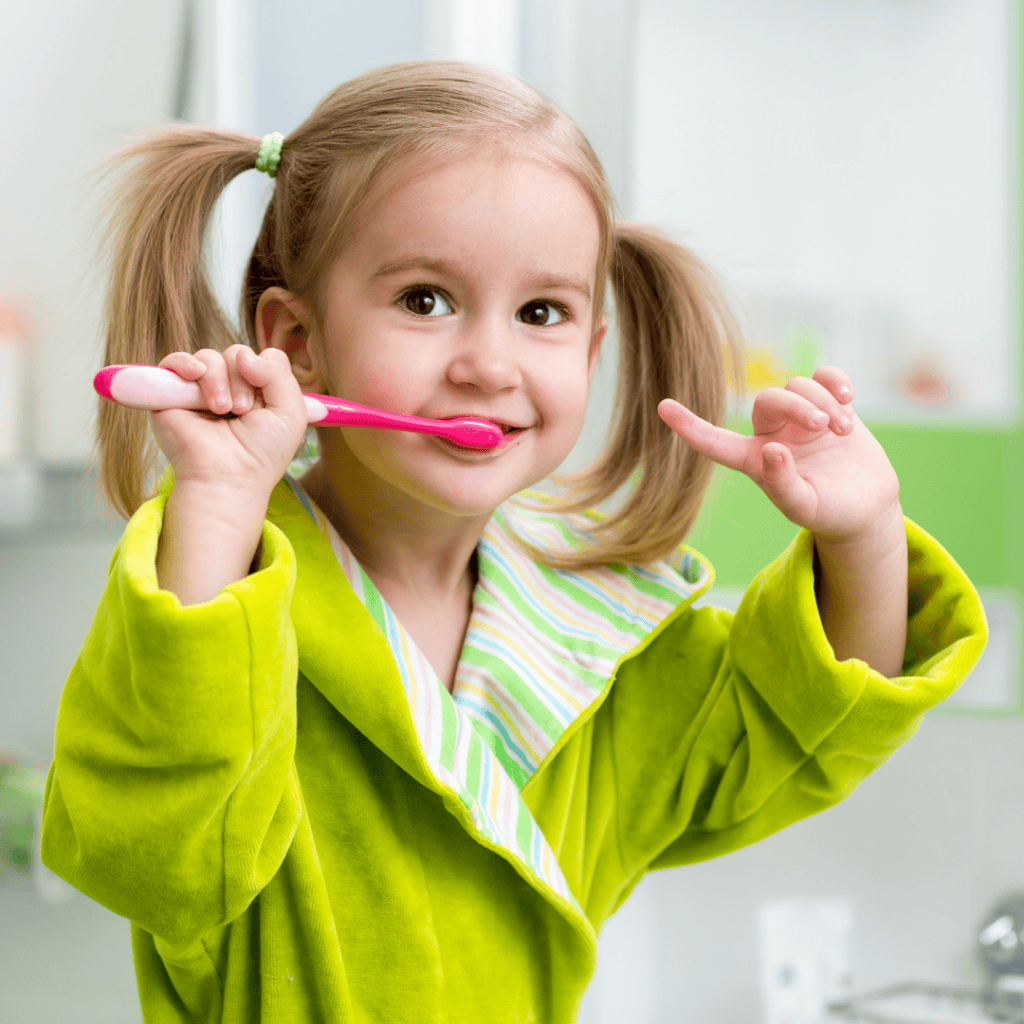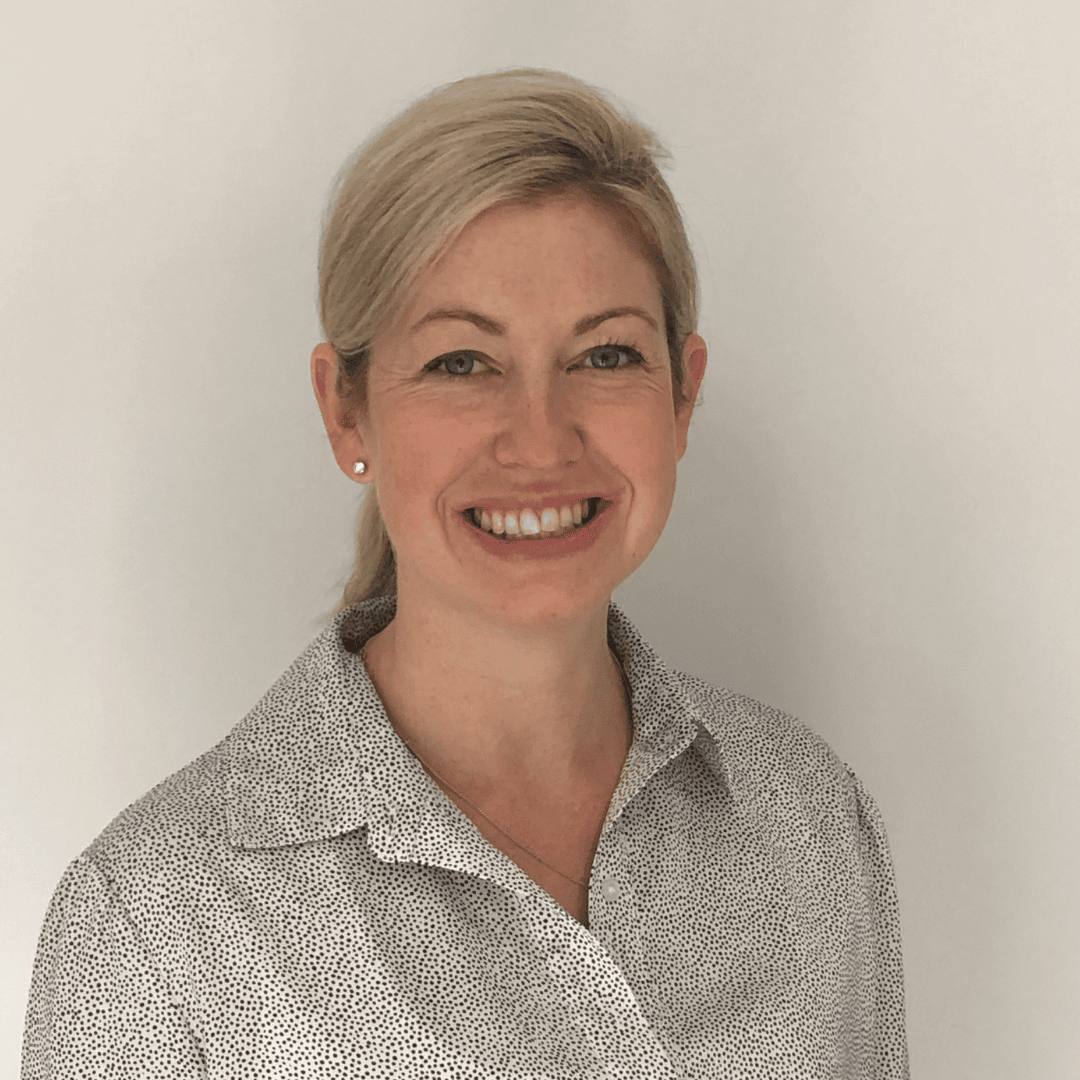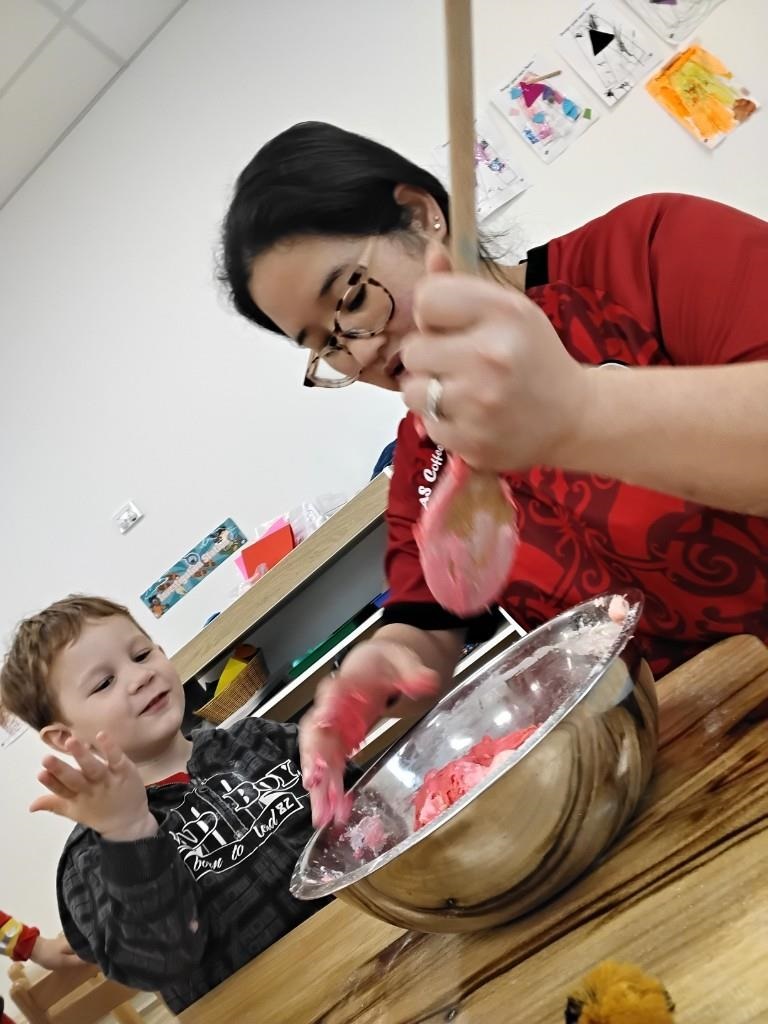
Let’s face it, going to the dentist can be a scary experience, even for most adults. When we ask our new patients the question ‘Do you ever feel anxious about visiting your dentist?’ most people answer ‘yes.’ With that said, it is recommended by the Australian Dental Association that children have their first dental check by the age of one.
Why is an early dental check important?
It is useful to establish familiarisation with your dentist early on to get your child used to opening their mouth and ‘counting their teeth.’ It may seem daunting or unnecessary to bring young children to the dentist, particularly if they appear to have healthy teeth and a healthy diet. However, causes and rates of dental decay in children often surprise most parents, and make dental visits in early childhood a necessity.
Common causes of childhood decay may surprise you!
These extend far beyond our usual suspects of lollies and sugary drinks. Many healthy foods and snacks aren’t as tooth-friendly as you would have expected. Common causes of decay include:
- Fruit
- Dried fruit
- Acidic foods and drinks
- Juice
- Honey
Developmental conditions such as enamel hypomineralisation (or ‘weak enamel’) can make a child more prone to cavities. Putting a child to sleep with a bottle can also cause problems.
What are the benefits of early dental visits?
If dental visits are begun early, it is unlikely that much will need to be done beyond a check of how your child’s teeth are coming through in the mouth and assessing how well brushing is being done. While one point of these visits is to familiarise your child with the dental environment, another important aspect is education for parents on how to address their child’s dental care as they grow and develop. A lot of parents struggle to brush and floss their children’s teeth (yes, your children need to floss!) and your dentist can help with strategies and tools to make this easier. Most parents will have questions about when their child should be allowed to brush by themselves, (answer – it depends on how good of a job they’re doing!)
If tooth decay in children is allowed to progress unchecked and they are too young or unable to sit through treatment in the dental chair, the only option ends up being treatment under a general anaesthetic in hospital. Unfortunately, bumps and knocks to the face do also happen with active children, and dental trauma – when your child is already upset and distressed – is not an ideal situation for a first dental visit!
How to get your child ready for their first dental visit
If your child is old enough to understand, you can prepare them for their first visit by looking at books or videos (Peppa Pig goes to the dentist with her family at one point!) and letting them know what to expect from a dental check. It is important that they feel in control and comfortable – strategies include letting them touch and hold a mirror the dentist may use to ‘count their teeth,’ taking a ride in the dental chair on a parent’s lap, and letting them choose what to watch on the TV, if there is one.
Early and frequent dental visits throughout life lead to adults whose risk of dental disease is very low.

Dr Anna Stevens graduated as a dentist from the University of Adelaide in 2005 and has worked in private practice since then. She is currently located at her practice Polar Dental in Alfred Cove.
Anna enjoys all aspects of dentistry. She finds it rewarding treating children and nervous patients. She continues to stay up to date with advances in the field of dentistry through attending conferences and further postgraduate training. Anna has also achieved a Master of Science in Medicine in Pain Management from the University of Sydney and enjoys helping patients who suffer from jaw pain, clicky jaws and TMJ problems.
Anna is passionate about preventive dentistry. She takes the time to explain to her patients about various treatment options available.
Anna has also achieved a Master of Science in Medicine in Pain Management from the University of Sydney. She is a Member of the Australian Dental Association, the Australian Sleep Association, the American Academy of Sleep Medicine and the Australian and New Zealand Academy of Orofacial Pain.
When Anna is not at the practice she enjoys playing hockey, discussing books she has not read at book club, walking (sometimes running) and spending time with her family.
Learn more by heading to www.polardental.com.au, or you can follow Polar Dental on Facebook and Instagram.



